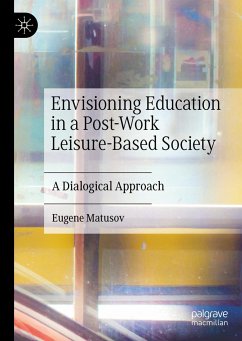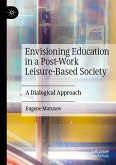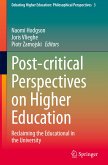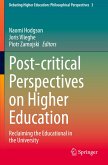This book is both an analytic and imaginative study of the future role of education in a leisure-based society. Grounded in a philosophical approach that draws on the work of Aristotle, Arendt, Keynes, and others, the volume deconstructs modern work-based society, as well as mainstream institutionalized education, which the author argues have systemically alienated students from their education, authorial agency, and society itself. The author argues for the value of intrinsic education, where the goals are based on students' own needs and interests, imagining new opportunities that can arise from the emergence of such a society.
"I ... strongly recommend this book to anyone who is interested in either the future of education or the problems brought on by intelligent technology eliminating a large chunk of existing jobs without providing replacements for the displaced workers. The false hope that the newly unemployed will 'learn to code' is naive and out of touch ... . We need to talk seriously about these things, and this book provides an informed opening for that discussion." (J. M. Artz, Computing Reviews, December 9, 2020)








